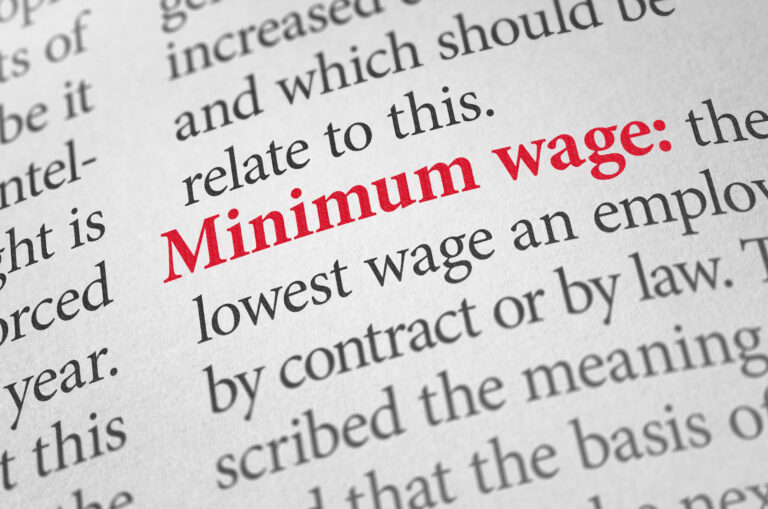One of the ideas that economists are most confident about is that when the price of something increases, other than because of something that shifts the entire demand curve, the quantity demanded decreases. Conversely, when the price of a product falls, the quantity demanded increases. This is not controversial in economics. Moreover, it is so clear that this is part of our mutual understanding, even for non-economists. When you hear that Macy’s is having a sale, you don’t say, “Oh, I’d better not shop at Macy’s during the sale because the prices are temporarily higher.” ” No. You understand that Macy’s holds sales to sell more and that the way to sell more is to lower its prices. Or consider what we all know to be true when strawberries are out of season: They will be priced higher than when they are in season. In other words, a reduction in supply, all else equal, will cause prices to rise; the way to sell the lower quantity and satisfy all the demanders is to increase the price.
This is the first paragraph of my latest Hoover article, “High minimum wage laws hurt many workers“, Define ideas, April 25, 2024.
I discuss the effects, some of which have already occurred, of the April 1 increase in the minimum wage for fast food workers in California to $20 an hour. After quoting a journalist named Jack Birle, suggesting that the higher minimum wage will make it harder for school canteens to compete for labor, I write:
Give Birle some credit. At least he understood that school districts are competing with fast food employers. But then he forgot to address the effect of the minimum wage increase on job opportunities in the fast food industry: It reduces them. The increase in the minimum wage will therefore allow Easier, no more difficult, for school districts to find employees. There will be a reshuffle of workers. The most productive workers will find it more interesting to work in the fast food industry. They will displace some less productive workers who are not producing enough for fast food employers to be interested in hiring them. But the overall net effect will be a decrease in the number of jobs in the fast food sector and, therefore, more workers seeking work in other sectors.
I have extracted different parts of my article on my Substack. But if you want to read the whole thing, which is only about 1,800 words, go here.


